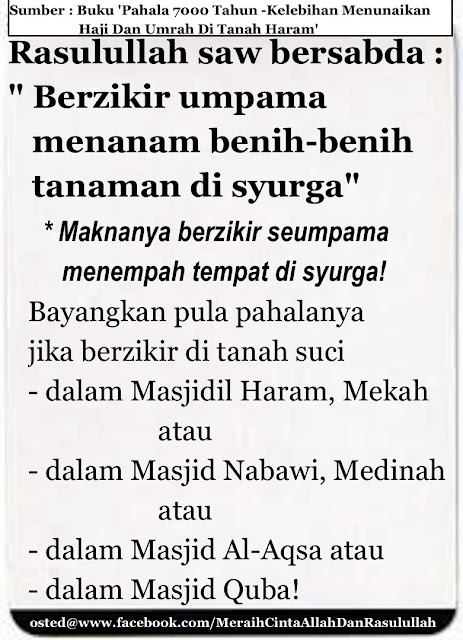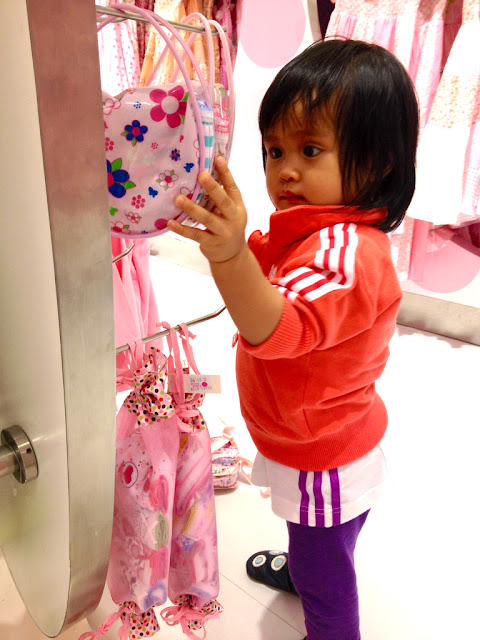Manglish is short for "Malaysian English" just as Singlish is Singaporean English. Manglish is a unique dialect of English spoken on the streets in Malaysia.
Speakers of Manglish from the country's different ethnic groups tend to intersperse varying amounts of expressions or interjections from their mother tongue - be it Malay, Chinese or Indian - which, in some cases, qualifies as a form of code-switching
Verbs or adjectives from other languages often have English affixes, and conversely sentences may be constructed using English words in another language's syntax. People tend to translate phrases directly from their first languages into English, for instance, "on the light" instead of "turn on the light". Or sometimes, "open the light", translated directly from Chinese.
Manglish also uses some archaic British terms from the era of British colonisation (examples: "gostan" and "outstation" below).
"outstation" - out of town (e.g., going outstation)
"gostan" - reverse a vehicle, apparently from the nautical term "go astern" (mostly used in Terengganu, Kelantan, Kedah and Penang) or "go stunt". Sometimes also expressed as "gostan balik" (lit., reverse back).
"terrer" - (pronounced as the English "terror") Refers to someone or something being awesomely amazing or good (e.g., "Bloody hell, that guy is terrer!").
"chop" - i. stamp (also used as verb). From Malay 'cop' meaning stamp e.g. "Put your company chop on the receipt".
"chop" - ii. stamp (of approval). (Due to confusion of the usage of the Malay word "cop". [E.g. I got the chop for my letter from the office lah.])
"blur" - confused, out-of-it. Roughly equivalent to "spacey" in American slang.
"sophisticashun wan" - as in "you so sophisticashun wan lah" i.e. 'you are so sophisticated'; an example of Manglish's tendency to use a noun as an adjective.
"kill" - to punish/scold/cause trouble to someone ("If you're not careful ah, this guy will kill you")
"on/off" - to turn something on or off, respectively (e.g. "Don't forget to off the fan.")
"Dei" - exclamation when conversing to a close male friend.
"Die/Finish/Gone" - generic exclamations to indicate "trouble", used like the English "damn it" or "to face the music" - (E.g. Today he die because of that loan shark). (Today, he is in trouble because of the loan sharks The word "die" does not mean to die literally)
"Cehwah/Fuyoh/Fulamak/Aiseh" - exclamation of amazement/wonder/marvel. (E.g. Fuyoooh, his hair so jinjang!)
"Izzit?" - expression of mild unbelief. (from the word, "Is that so?").
"Watudo" - rhetorical question (Example, "It has already happened. What can we do?").
The "Lah" word
The "lah" word is usually used to present a sentence as rather light-going and not so serious, the suffix has no specific meaning. (e.g. : "Don't be so worried-lah"
In Malay, 'lah' is used to change a verb into a command or to soften its tone, particularly when usage of the verb may seem impolite.
The "Got" word
"There is"/"there are" and "has"/"have" are both expressed using got, so that sentences can be translated in either way back into British / American English. This is equivalent to the Chinese 有 yǒu (to have):
Got question? — Is there a question? / Do you have a question?
Yesterday ar, East Coast Park got so many people! — There were so many people at East Coast Park yesterday. / East Coast Park had so many people [there] yesterday.
This bus got air-con or not? — Is there air-conditioning on this bus? / Does this bus have air-conditioning?
Where got!? — lit. Where is there [this]?, also more loosely, What are you talking about? or Where did you get that idea?; generic response to any accusation.
The "Can" word
Can is used extensively as both a question particle and an answer particle. The negative is cannot:
Gimme lah, ok or not? — (Give it to me, OK?)
Can! — (Sure!)
Can! — (Yes, that is possible)
Cannot — (No way.)


























































